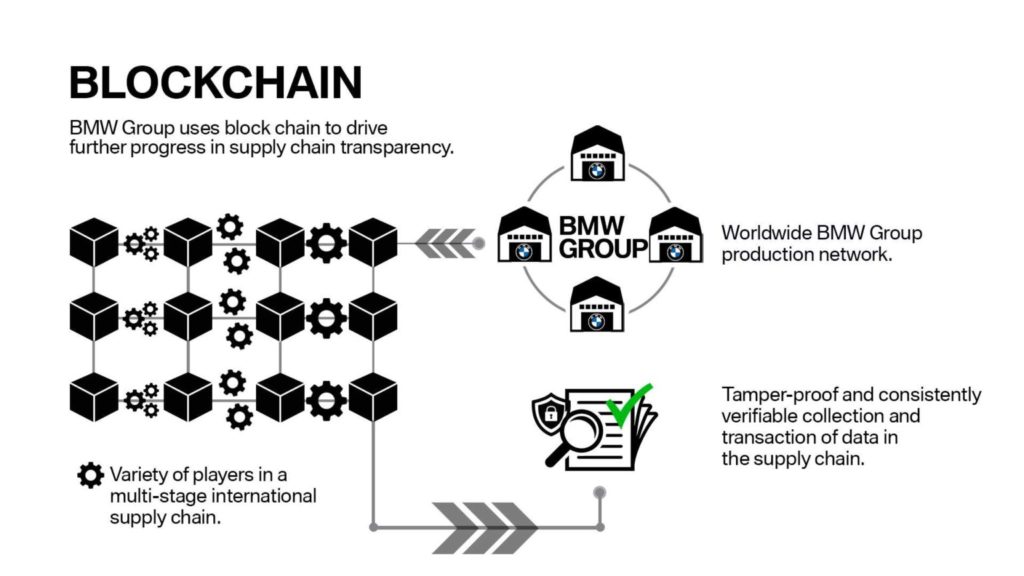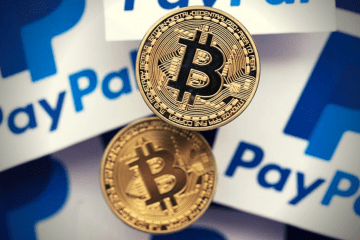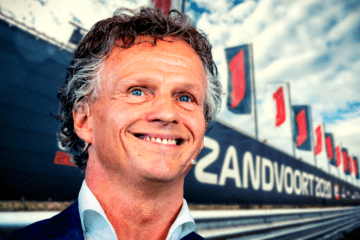BMW Group Enters Second Stage of Blockchain-based Supply Chain Transparency
The BMW Group has increased its capacities for utilizing blockchain technology to provide its staff with the tools they need to create high-quality vehicles.
According to the press release, BMW has faced great difficulty when tracking specific parts that need to be changed or simply weren’t of sufficient quality. Finding the manufacturer often involved a significant amount of manual labour, but now with the implementation of the second stage of their “PartChain” project, BMW and their suppliers are using blockchain systems to help them track parts at the push of a button.
We’ve reached out to BMW Group for comments and more information, but they were unavailable for contact. The extremely complex nature of the automotive industry makes it a prime suspect for blockchain integration. The company has successfully piloted the project in 2019 to track the production, purchase, and delivery of front lights for their vehicles. This year, they want to expand the project to include a variety of different suppliers and parts.

“PartChain enables tamper-proof and consistently verifiable collection and transaction of data in our supply chain,” says Andreas Wendt, a member of the BMW’s Board of Management. “This move is designed to take the digitalisation of purchasing at the BMW Group to the next level. Our vision is to create an open platform that will allow data within supply chains to be exchanged and shared safely and anonymised across the industry.”
Through PartChain, BMW hopes to simplify the incredibly complex international supply chain. This will provide all market participants with a significant amount of transparency, but also provide BMW with a way to easily facilitate changes, report defects, and keep their staff engaged with other activities.
Previous to the PartChain implementation, their partners have managed their own data separately, which is likely a trend that will continue. Now with the help of blockchain, these partners will no longer be exposed to IT systems that don’t want to communicate consistently, improving relations and reliability of the entire network.
The PartChain solution is utilizing cloud services and blockchain technology, making it a consortium network. Amazon Web Services and Microsoft Azure are used for the technology stack that makes it all work.
In the long run, BMW Group hopes to take this all the way to the raw resources being mined from the ground and track them all the way to the smelter where the parts are created. It’s a significant vision, but it is one that a company of the size and capabilities such as BMW can certainly achieve.


